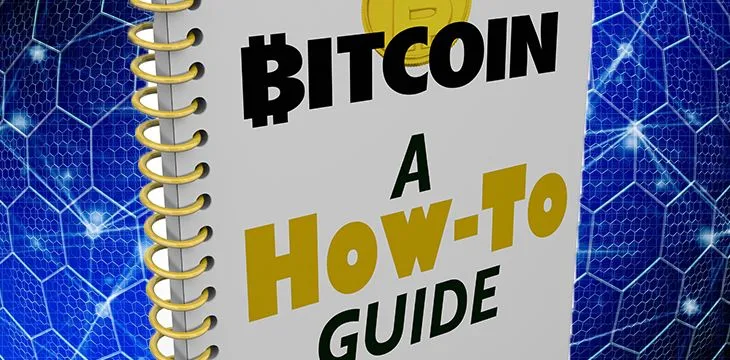|
Getting your Trinity Audio player ready...
|
The United Nations Innovation Network (UNIN) recently published its Practical Guide to Blockchain, an education resource that provides audience with “a basic understanding of blockchain and general guidance on how to determine if blockchain could help solve a particular problem.”
The document serves as a great introduction to the technology, informing others of what a blockchain is, its key features, how individuals and companies can determine if a blockchain solution is the right fit for them, among others.
Do I need a blockchain?
According to the Practical Guide to Blockchain there are 10 questions that people/companies should ask themselves when trying to determine whether a blockchain is the right fit for their business. These include: does the solution require a database; will there be multiple writers updating or inputting information; is there a lack of trust among participants; is there a lack of a trusted intermediary; and can a consistent set of rules help achieve the outcome?
The UN guide also notes that firms should ask: will governing rules be consistent over time; is transparency of the transactions an important feature; is an immutable, auditable record of transactions important; are transactions dependent or interrelated; and can a distributed infrastructure reduce the risk of censorship or attack?
The guide says that if you answer yes to all 10 questions, there is a strong chance that a blockchain is the right fit for your business. If you answer no to all 10, there is a good chance that you don’t need a blockchain, and if your answer to those questions contains a combination of yes and no answers, you likely are somewhere in between needing and not needing a blockchain.

UN working on blockchain projects
The document also sheds light on several blockchain projects that the United Nations is working on. The highlighted projects show how the United Nations is using a blockchain for public records, supply chain tracking, digital finance, smart contracts, and digital entertainment.
Among the projects in these different industries, the UN is using a blockchain for land record management in Afghanistan, for a supply chain solution in Africa, for vendor payments via smart contracts in Kazakhstan, and much more.
There are benefits to using blockchain technology, which is why the UN as well as central banks around the world have been researching and developing blockchain products and pilots. The fact that the United Nations is using a blockchain to optimize a number of its operations in a variety of countries further legitimizes and serves as a use case for blockchain applicability.

 07-09-2025
07-09-2025 





